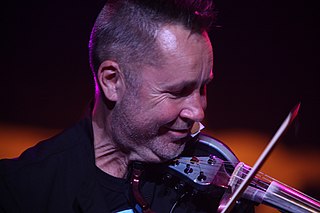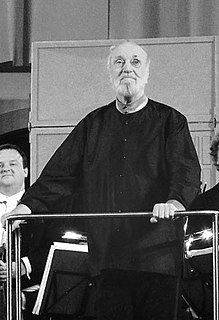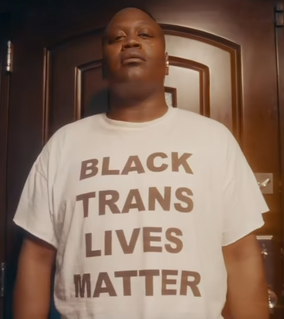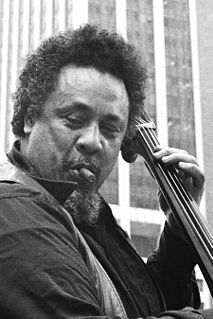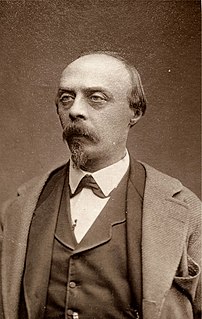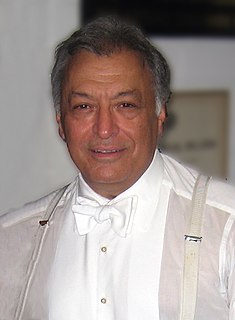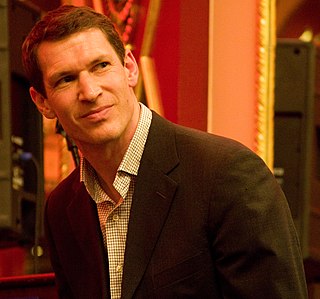A Quote by Nigel Kennedy
Even if you're playing Brahms or a Beethoven concerto, you've got to have a different vantage point, slightly, each time.
Related Quotes
...stories about [the German composer Johannes] Brahms's rudeness and wit amused me in particular. For instance, I loved the one about how a great wine connoisseur invited the composer to dinner. 'This is the Brahms of my cellar,' he said to his guests, producing a dust-covered bottle and pouring some into the master's glass. Brahms looked first at the color of the wine, then sniffed its bouquet, finally took a sip, and put the glass down without saying a word. 'Don't you like it?' asked the host. 'Hmm,' Brahms muttered. 'Better bring your Beethoven!'
I found that looking at the Israeli/Palestinian conflict from an outside vantage point was actually quite distancing. The history of the conflict, the personalities, the violence, the distrust, and the seeming lack of viable solutions made meaningful involvement feel impossible. What changed that, for me, was changing the vantage point.
